Science fiction is one of the most popular genres around, especially for books. Several popular sci-fi novels have been adapted into must-see movies, including “Dune,” “The Martian,” and “The Hunger Games” trilogy. Millions of readers across the globe like to escape reading a good sci-fi book, but which one should you pick up next? StudyFinds scoured online experts and put together a list of the best science fiction books of all time.
When it comes to reading, a recent study shows that most people still prefer traditional paper books to modern digital forms. Although e-readers, tablets, and audiobooks make it easy to read almost anywhere, the smell and physical feel of actual books strikes a chord for many. Do you agree?
Whether or not you read from paper only, children who start reading books at a young age end up better for it. Researchers at the University of Cambridge discovered that reading for 12 hours a week is optimal for youngsters to foster bigger and better brains. The team identified strong links between recreational reading between the ages of two and nine and performance in memory, speech, verbal learning, and general academic tests. Moreover, young readers exhibited better mental health, with fewer indicators of stress and depression.
Are you looking for a new sci-fi book to read? StudyFinds has found the top five best science fiction books to delve into. Did we miss one of your favorites? Let us know in the comments below!
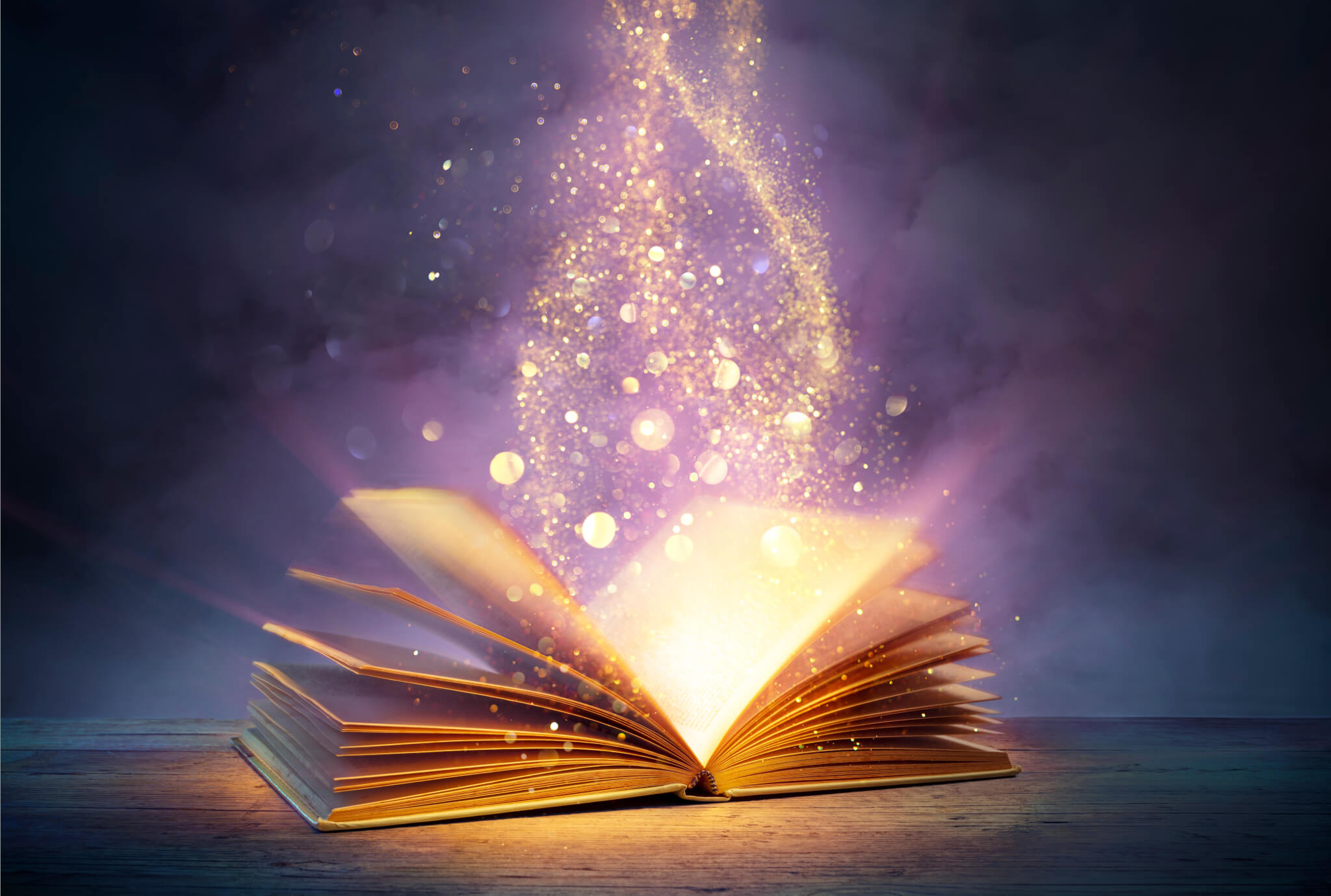
The List: Best Science Fiction Books, According to Experts
1. “Frankenstein” by Mary Shelley
Topping the list of best science fiction books is Mary Shelley’s classic “Frankenstein.” “This edition is the original 1818 text, which preserves the hard-hitting and politically charged aspects of Shelley’s original writing, as well as her unflinching wit and strong female voice,” writes Goodreads.
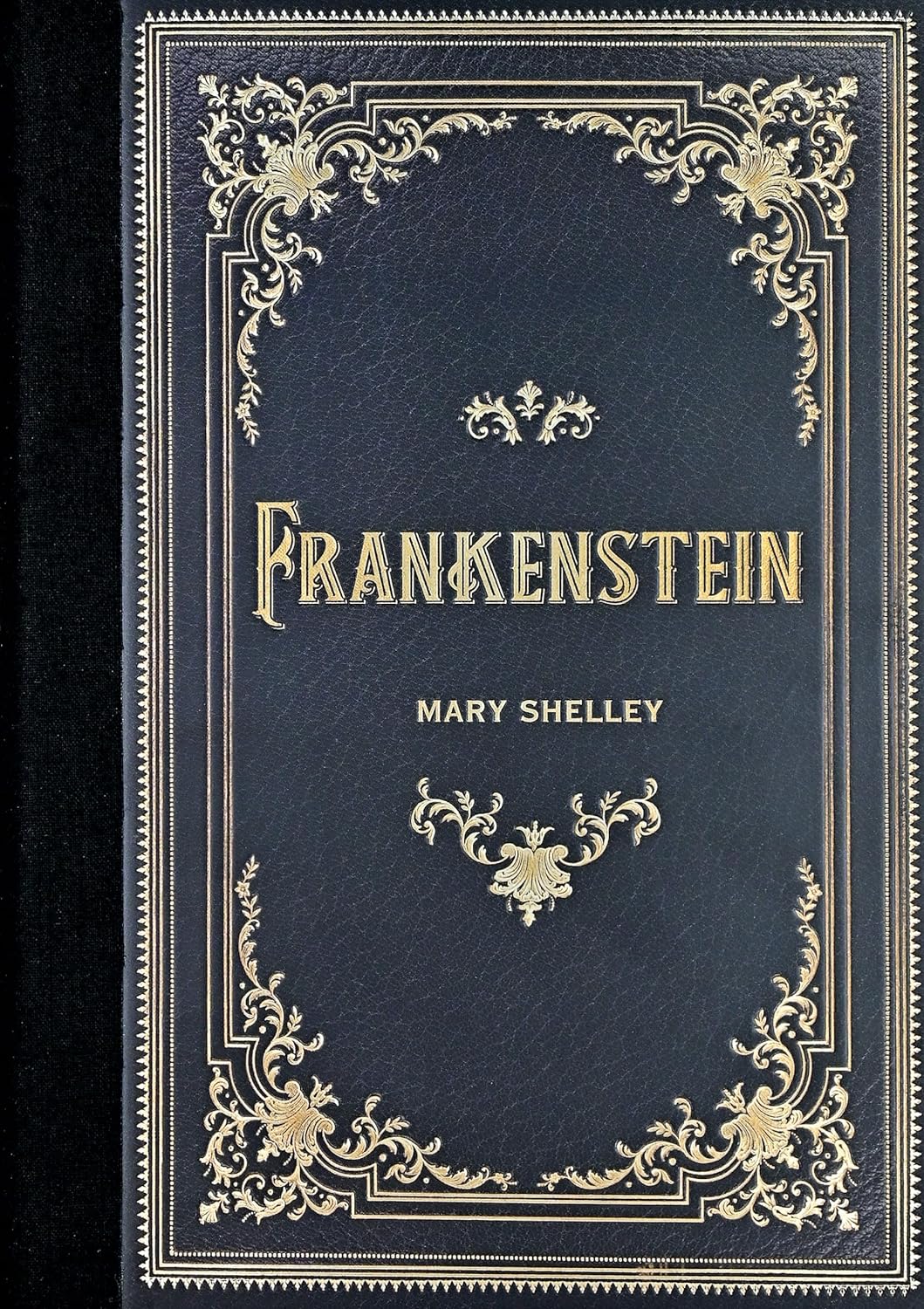
“Mary Shelley’s story of a man who creates a monster he cannot control was a precursor of modern science fiction and a must-read for any sci-fi fans wanting to understand the history of the genre,” explains Pan Macmillan. “Victor Frankenstein, a brilliant but wayward scientist, builds a human from dead flesh. Horrified at what he has done, he abandons his creation. The hideous creature learns language and becomes civilized but society rejects him. Spurned, he seeks vengeance on his creator.”
Esquire says Shelley changed the world writing “Frankenstein.” “The weighty questions she poses in Frankenstein continue to animate the genre to this very day. Why do we harbor such fear of the other? How responsible are we for our creations, and what does it mean when they develop agency of their own? Where’s the line between what science can do, and what it should do? Frankenstein strikes at the very heart of what it means to be human. It also rewards repeat readings—so much so that, even two centuries later, we’re still peering at it through new lenses, as queer, transhumanist, and feminist readings locate new depths within the familiar text. Plenty of imitators have tried to match the heights of Frankenstein, but none have come close. We owe everything to Shelley’s ur-textual story of modernity, morality, and progress’ great and terrible cost.”
2. “Dune” by Frank Herbert
Second on the list is Frank Herbert’s “Dune,” which was turned into a major motion picture. “In 2012, WIRED US readers voted Dune the best science-fiction novel of all time. It’s also the best-selling of all time, and has inspired a mammoth universe, including 18 books set over 34,000 years and a terrible 1984 movie adaptation by David Lynch, his worst film by far,” writes Wired UK. “A very different effort was released in 2021, directed by Denis Villeneuve. The series is set 20,000 years in the future in galaxies stuck in the feudal ages, where computers are banned for religious reasons and noble families rule whole planets. We focus on the planet Arrakis, which holds a material used as a currency throughout the Universe for its rarity and mind-enhancing powers. Lots of giant sandworms, too.”
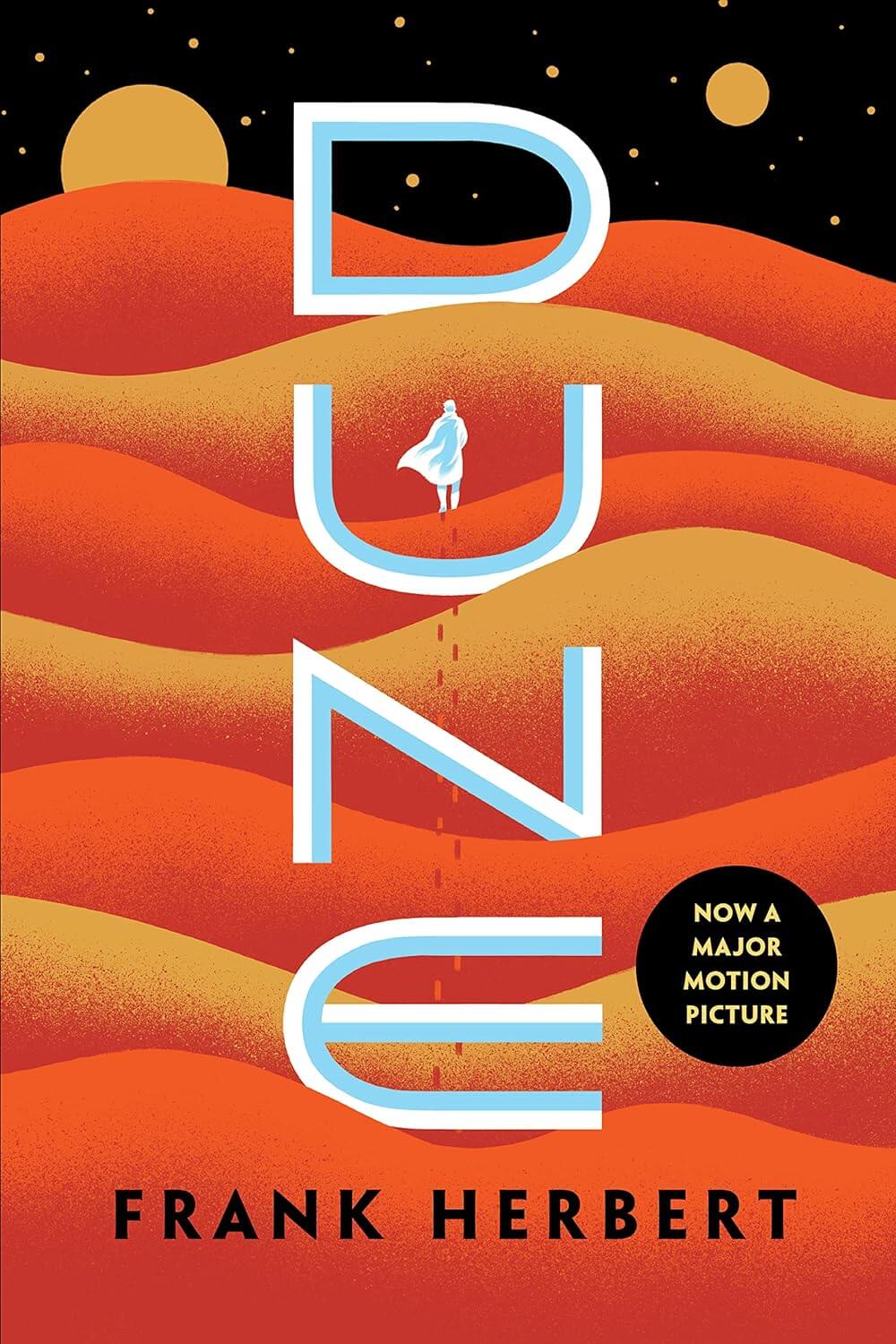
“’Dune,’ is just one of many novels on this list that have been adapted for the silver screen,” says The Planets. “This epic space saga is filled with political intrigue, mysticism and adventure. Herbert created a coherent and complex universe for this grand space opera to take place in.”
The must-read science fiction book came out in 1965. “The first rule of Dune is: do not read the whole series,” notes Penguin Random House. “Frank Herbert’s hypnotic vision of a feudal far future shaped by the mind-altering powers of a substance called spice, centered on the planet, Arrakis, where the spice is mined, is a classic that still feels groundbreaking today.”
3. “The Martian” by Andy Weir
“The Martian” might be better known as the Matt Damon sci-fi thriller, but it was adapted from Andy Weir’s classic. “You don’t expect a hard sci-fi novel to start with the phrase ‘I’m pretty much f****d,’ but it definitely sets the tone for Andy Weir’s massive hit,” writes NPR. “Astronaut Mark Watney, stranded alone on Mars after an accident, is a profane and engaging narrator who’ll let you know just how f****d he is and then just how he plans to science his way out of it. If you’ve only seen the movie, there’s so much more to dig into in the book (including, well, that very first line).”
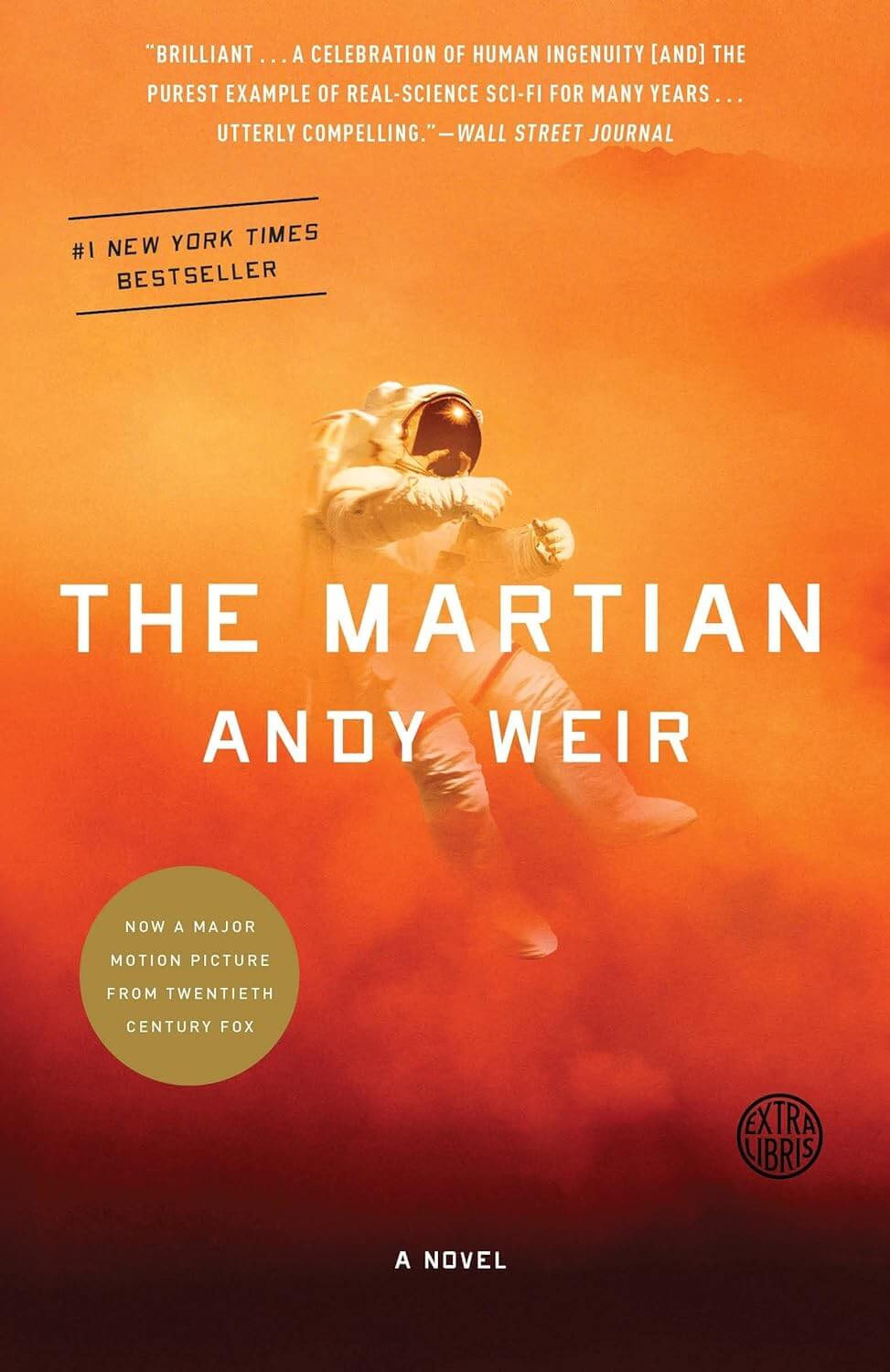
“We all saw the attention the movie adaption of this book got, and the subsequent nominations and awards it received. So believe me when I say that as good as the movie is, the book is even better,” explains Book Riot. “Weir puts in the research and the work to really put the science in science fiction. As a scientist myself, I can guarantee that the way the main character, Mark, is written is pretty accurate. We may have degrees in science, but we can also be so dumb sometimes in the most ridiculous ways. Especially if we are left alone long enough, like if we happened to be stranded on Mars, with only our research to keep us company and/or alive.”
“The Martian was published serially through author Andy Weir’s website. Literary agents that had scoffed him then came calling and the book soon took shape, became a New York Times best seller, and turned into a fun movie in the series of People Trying to Rescue Matt Damon,” says Men’s Health.
4. “1984” by George Orwell
No sci-fi novel list would be complete without George Orwell’s dystopian “1984.” “In a world where concerns about privacy, government overreach, and freedom of information are more relevant than ever, 1984 continues to frighten and astound,” writes Esquire. “Published in 1949, Orwell’s masterpiece is the chilling story of a rebellious Ministry of Truth bureaucrat; through his eyes, we glimpse a terrifying, tyrannical society, where independent thought is a crime and truth is a fiction. All these decades later, 1984 still looms large in our cultural imagination, from its perch in our curriculum to its pervasive influence on our language. It’s difficult to imagine any science fiction novel with more influence.”
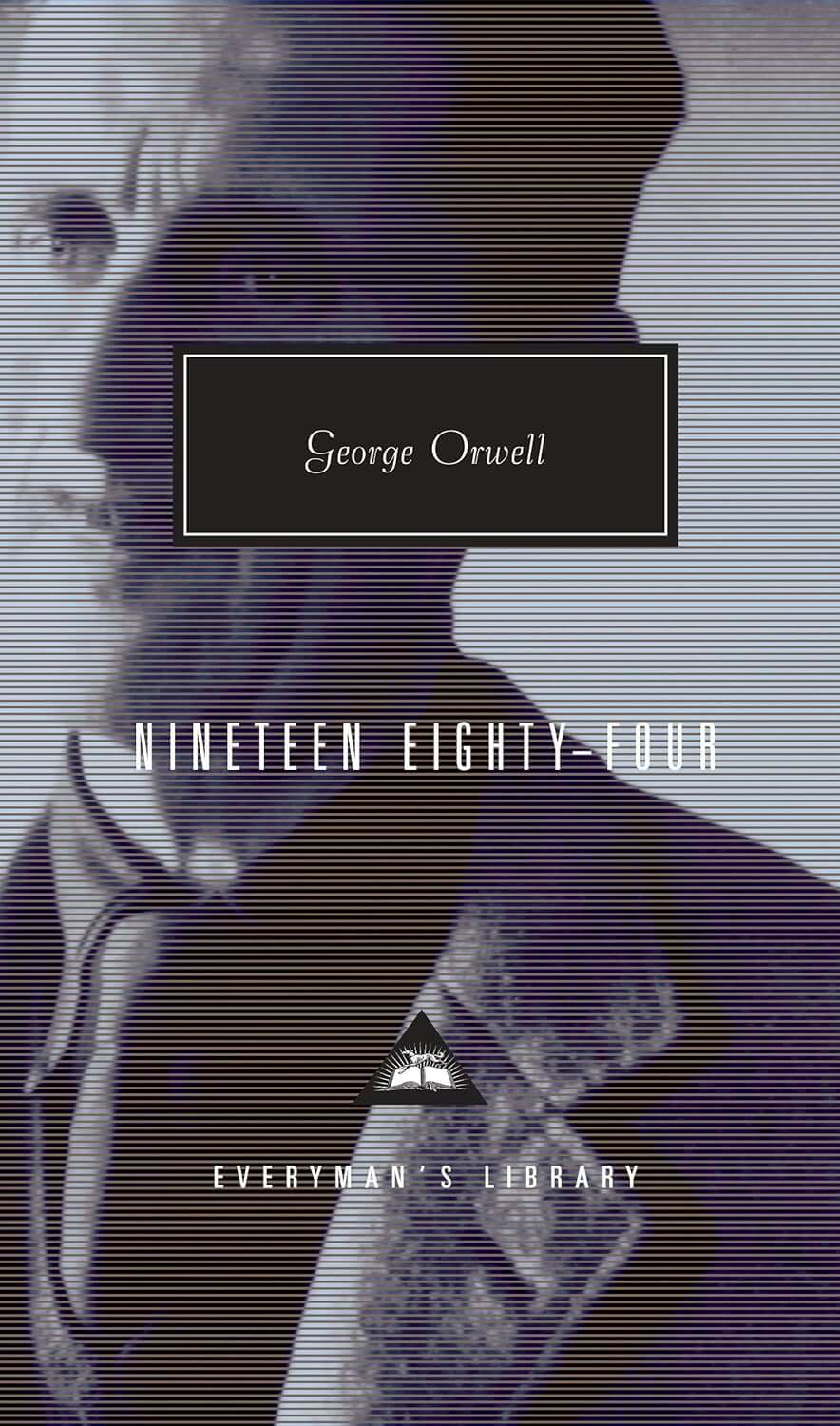
“Some of the best science fiction takes a look at the possible future and how it could be negatively affected by technology,” says The Planets. “‘Nineteen Eighty-Four,’ tells of a dystopian future where government lies and propaganda rule the day. Few books have had such an impact on the culture and psyche of the human race as this still-relevant, cautionary tale by Orwell.”
The best-seller has been captivating readers since 1949. “Our favorite science fiction tends to use the future to illuminate and discuss issues in our present,” notes Penguin Random House. “1984 is a prime example of this, a dystopian novel where our culture has become the victim of government surveillance and public manipulation. An important read for any age.”
5. “The Hitchhiker’s Guide to the Galaxy” by Douglas Adams
Rounding out the top five is Douglas Adams’ laugh-inducing “The Hitchhiker’s Guide to the Galaxy” series. “Of course this series is included here. I would not be exaggerating to call this series one of the most influential science fiction books ever,” says Book Riot. “Like, even if you haven’t seen the movie, or TV show, or the numerous stage adaptations, or listened to the radio play, or played the video game, or even just read the books or graphic novels, you likely still know something about this series just through cultural osmosis.”
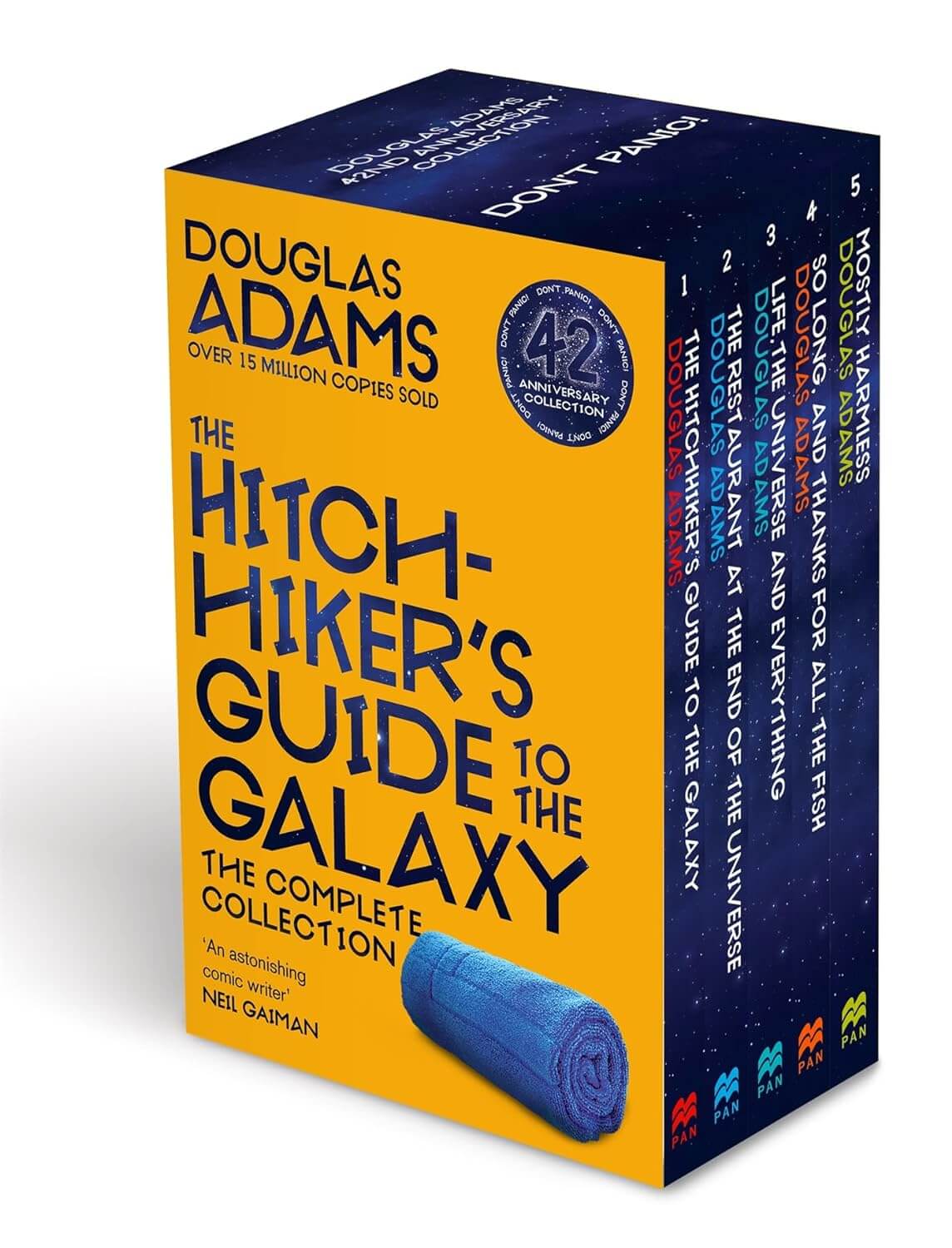
“Hitchhiker’s Guide is, in short, a phenomena, something between outright parody and philosophical opus,” writes Men’s Health. “It also provides the answer to everything you will ever need to know, all in a nice two-digit number.”
Pan Macmillan calls it “must-read for fans of the genre.” “The Hitchhiker’s Guide to the Galaxy began life as a Radio 4 show in 1978 and has since spawned adaptations across almost every format, making it a staple on every respectable list of the best sci-fi books.”
You might also be interested in:
Sources:
- Goodreads
- Pan Macmillan
- Esquire
- Wired UK
- The Planets
- Penguin Random House
- NPR
- Book Riot
- Men’s Health
- Books of Brilliance
Note: This article was not paid for nor sponsored. StudyFinds is not connected to nor partnered with any of the brands mentioned and receives no compensation for its recommendations.
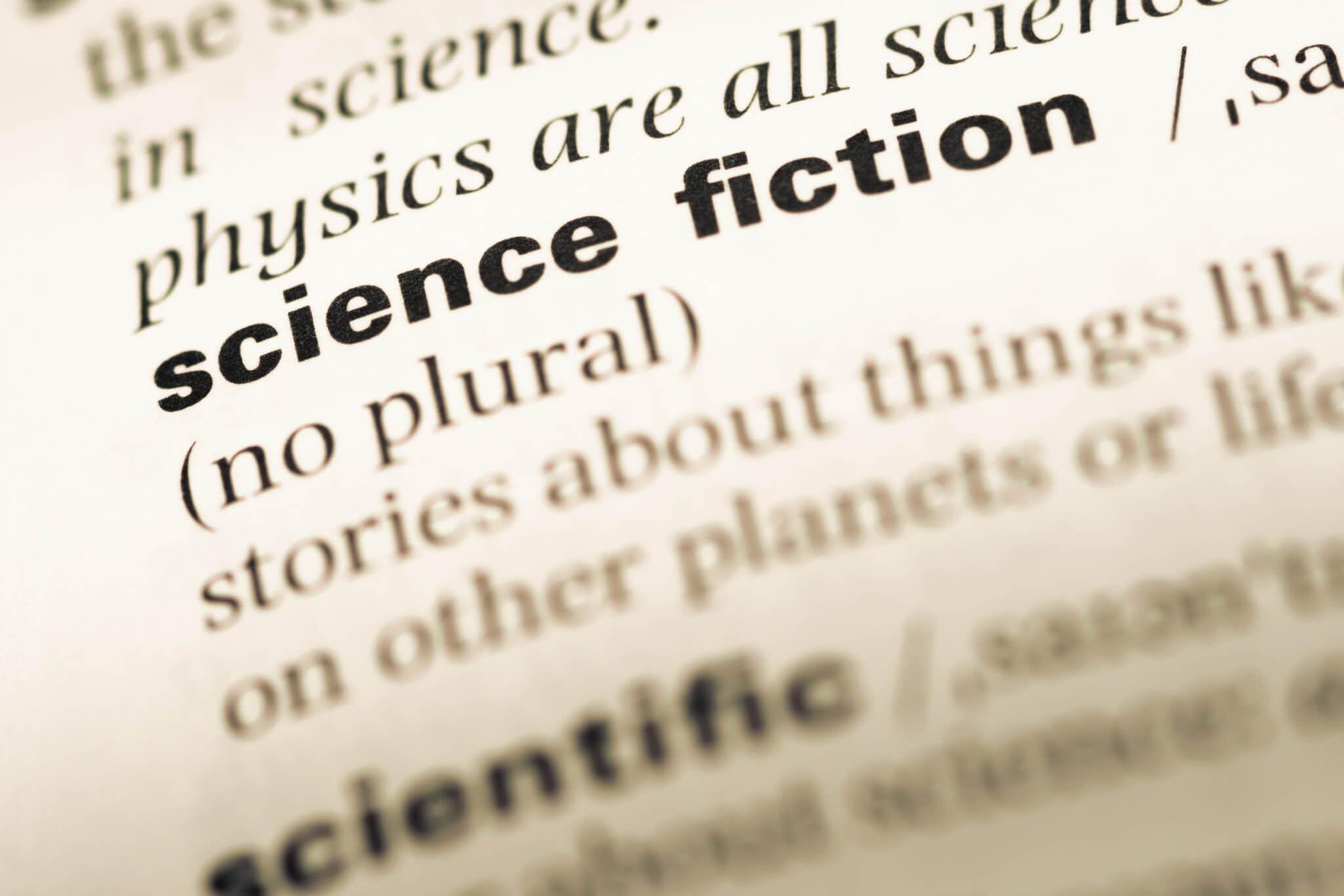
Solaris annihilates every other title up there
So it is the “Best Science fiction, of the last week”.
Any list that does not include Heinlein, Asimov, Bradley, Huxley, and Orwell is clearly drawn up by an illiterate.
Clearly this list was made by someone actively avoiding white male authors
You are absolutely correct. No one beats the old masters in the golden age of science fiction.
Correct. I am science fiction nut and have read almost every work by the masters from Heinlein and Asimov. I have never heard far less read any of these.
A Canticle For Leibowitz, by Arthur M. Miller, 1959.
Crapulously contemporary. Full of sound and fury……
And that’s exactly how I’ll take this list – just the writers list of their current favorites.
Completely meaningless list
Yes yes, but do any of those books have a shiny a-hole beer can named Skippy? No? Pass…
Famed titles. ..
Either he has no clue or he is paid rompemote these books. No other explanation
I wanted to read this article to find out which books to read. I stopped after reading ‘all-to-familiar’ about the first listed book. I know this is a knee-jerk response, but ‘to-too’ and ‘their-there-they’re’ are my pet peeves.
This article is embarrassing.
This list must have been made by someone just recently new to SF
Thanks for the book tips…I’ll definitely check out ‘how high we go in the dark’ and ‘Sea of tranquility’..I’d like to recommend ‘The Passage’ by Justin Cronin to all the “sci fi” lovers on this forum…
Man, it’s really exciting that female authors are gaining ground in the sci-fi genre, but I’m really getting tired of these lists cramming female authors down my throat. Some of these books may be fine, but they’re not the best sci-fi out there. This list makes the writer and the website seem amateur.